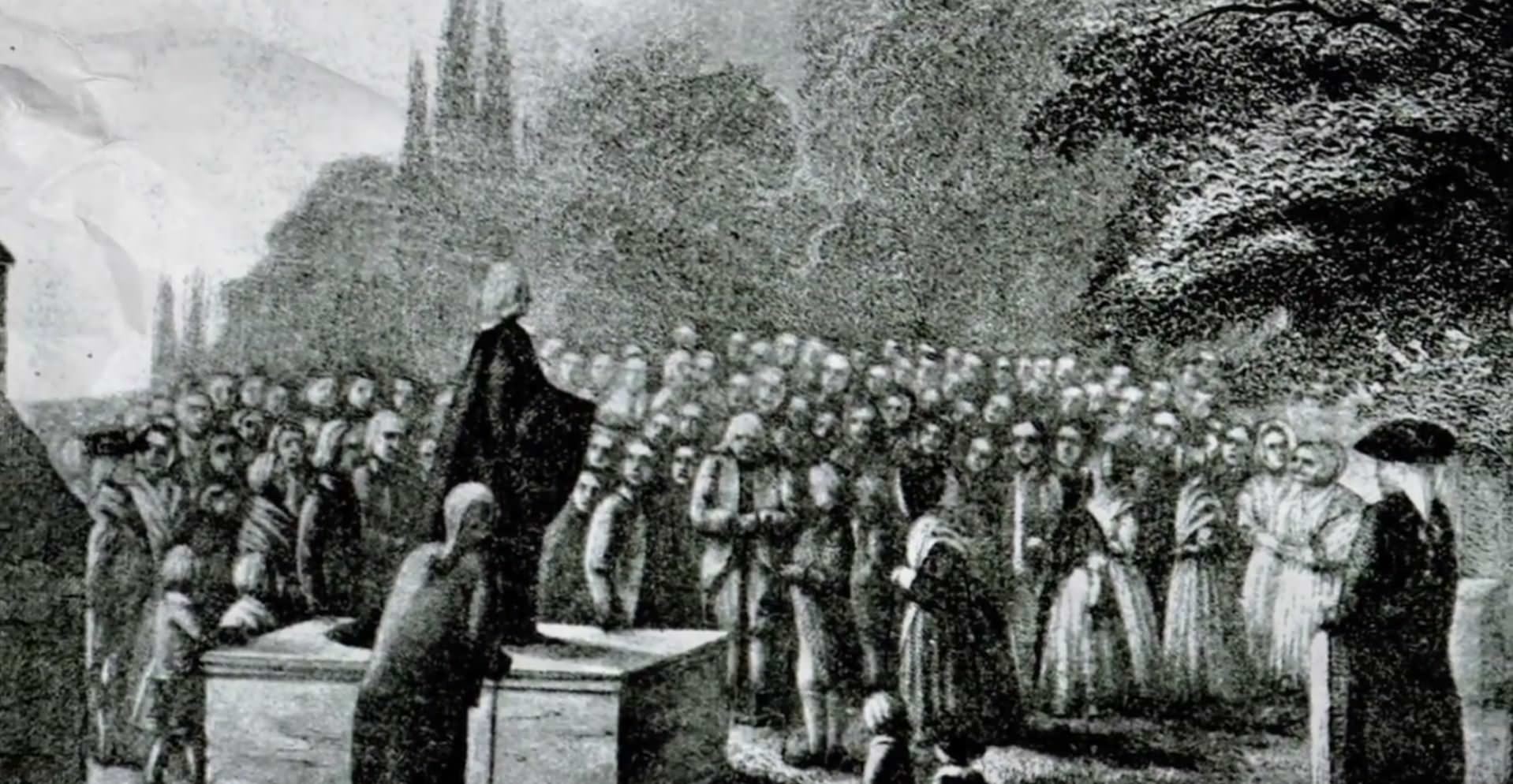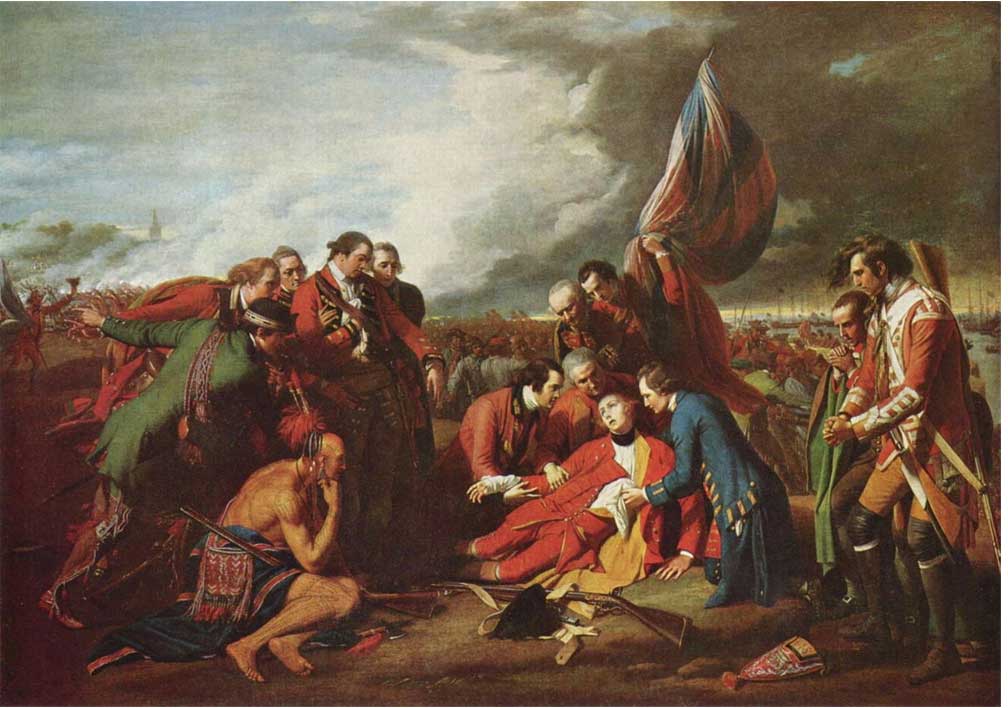The Revolutionary War formally began in 1775 at the Battles of Lexington and Concord, but Revolutionary War causes can be traced back to the French and Indian War and perhaps even as far as the first English colony of Jamestown.
The colonists of the 13 original colonies had a different mindset than those of their European counterparts. Most of these individuals came to the New World to escape the bondage and persecution they found in England.
In the New World, there lay new opportunities to create a legacy and to escape the feudal society that infected those in England.
Jump to:
Each colony created its own government and had its own culture. Benjamin Franklin noted the difference in his autobiography when he arrived in Philadelphia for the first time.
The following is a list of events that occurred before the American Revolution, and please note how each of these events unified the colonies. It was not one event that caused the Revolutionary War but a series of events.
The First Great Awakening

The Great Awakening is quite possibly one of the most overlooked Revolutionary War Causes in American History and one of the most influential.
The Revival began in Boston with Jonathan Edwards's famous sermon, Sinners in the Hands of an Angry God, and mobilized throughout the colonies with the press and another great evangelist, George Whitefield.
Whitefield was a circuit preacher who traveled from town to town throughout the colonies, preaching the Gospel of Jesus and calling others to Christ. He emphasized worshipping God through good works.
He became one of the most popular men in the colonies and was a close friend of Benjamin Franklin.
The Great Awakening unified the colonies because each of them identified with the same message.
The French and Indian War

A few decades after the Great Awakening, the Seven Years' War broke out in Europe and became known as the French and Indian War in America. Each colony had to defend itself from French and Indian attacks.
It was the first time that each colony mobilized in an organized military action. Men from each of the 13 colonies served in the British Army, and many of these men would serve again in the American Revolution.
Nothing unites more than a common enemy, and each of the colonies was enemies of the French and Indians.
The Stamp Act of 1765
The British had much debt and needed to find a way to pay off their war debt, so they passed the Stamp Act, which taxed the colony's postage. The passage of this act caused a negative reaction that was felt across each colony. Patrick Henry delivered an electric speech that uttered the words, "Give me Liberty or give me death!" which was one of the first references to independence.
The Stamp Act was repealed by the British Parliament, but not before the Committee of Correspondence was created. This Committee of Correspondence would eventually lead to the Continental Congress.
Townshend Acts
The Townshend Acts were passed in 1767 and were once again met with hostility. These acts would eventually be repealed but had a devastating backlash that firmly placed many of the colonists against the British.
Boston Massacre
The Boston Massacre was the end result of the Townshend Acts and sent shockwaves throughout the colonies. The event would be used as propaganda by the Sons of Liberty to push for independence.
The British soldiers were put on trial for murder and found not guilty. Their attorney was John Adams, who had previously written a scathing article about the Stamp Act but felt compelled to defend the rule of law.
Tea Act
The Tea Act was passed in 1773 and was again met with hostility, especially in Boston. The end result was the Boston Tea Party, which destroyed millions of dollars of British Tea and hurt their economy. The Boston Tea Party was received with much resentment in England and only furthered the resolution of King George III.
The Intolerable Acts
The Intolerable Acts, also known as the Coercive Acts, were placed on the colonists and directly aimed at New England. Once again, they were not received well and began to turn a few loyalists against England. The Intolerable Acts led to the First Continental Congress.
Boston Campaign
Lexington and Concord, Chelsea Creek, Bunker Hill, and the fortification of Dorchester Heights all marked the beginning of the Revolutionary War. These battles and the British actions towards them began to sway the Congress towards independence.
Soon, Virginia joined the side of independence, and the dominos began to fall into place. By the summer of 1776, Congress had written the Declaration of Independence and voted on it.
By the end of the summer of 1776, it was obvious that the war had started.
